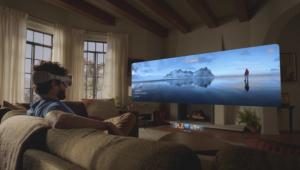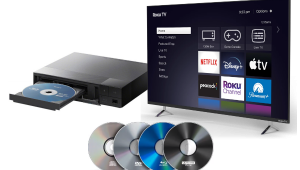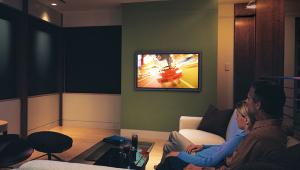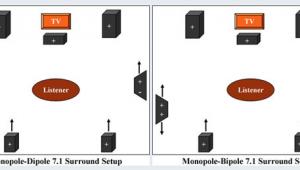Primary tabs
What's More Important, 4K or High Frame Rates?
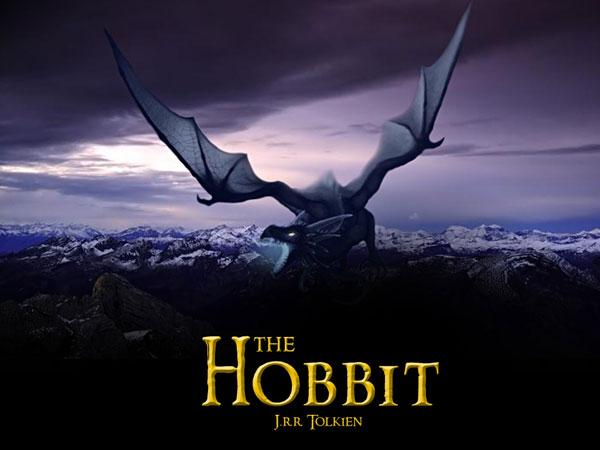
However, in a pre-recorded demo in the Christie booth (which I describe here), James Cameron made a compelling argument that increasing the frame rate at which movies are shot and displayed from 24 to 48 or even 60 frames per second does more to sharpen perceived detailespecially in moving objectsthan increasing the spatial resolution. In fact, all the demo material was 1920x1080 on a 15-foot-wide screen.
As the demo clearly illustrated, shooting and displaying movies at higher frame rates dramatically sharpens motion detailso much so that it no longer looks like film, but more like video, which many people object to. So my question to you is, what's more important, the higher spatial resolution of 4K at film's traditional 24fps or the greater temporal resolution of higher frame rates at 2K? (BTW, Peter Jackson is hedging all bets by shooting The Hobbit at 48fps, 4K, and 3D!)
Vote to see the results and leave a comment about your choice.
